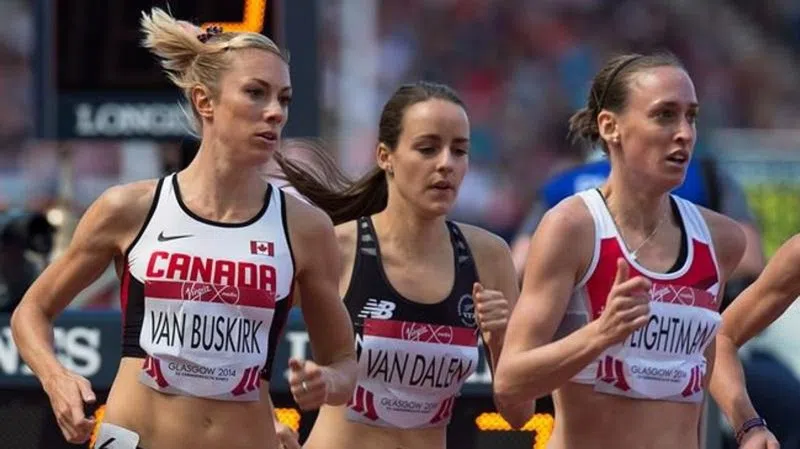
Van Buskirk, Brown hope story that rocked track world sparks more conversation
While Canada’s track and field community was rocked by allegations against former national distance coach Dave Scott-Thomas, athletes say shining a light on alleged abuses in the sport is a solid step forward.
Former middle-distance runner Megan Brown came forward in a Globe and Mail story on Saturday alleging that Scott-Thomas, a former University of Guelph coach, groomed her for a sexual relationship when she was 17.
Kate Van Buskirk and Jennifer Brown applauded the runner — a star on the rise when she met Scott-Thomas in 2001 — for telling her story, and hope the communication continues.
“It’s good the conversation has opened from a really terrible situation,” said Jennifer Brown, a Paralympic thrower. “We don’t want the terrible situation to be what dictates the conversation, we need to be more active and proactive in establishing the systems to support this because we know it’s a problem. Yes, it’s absolutely bringing attention and thought to it, but the fact that athletes are still being harmed in this is terrible.”


